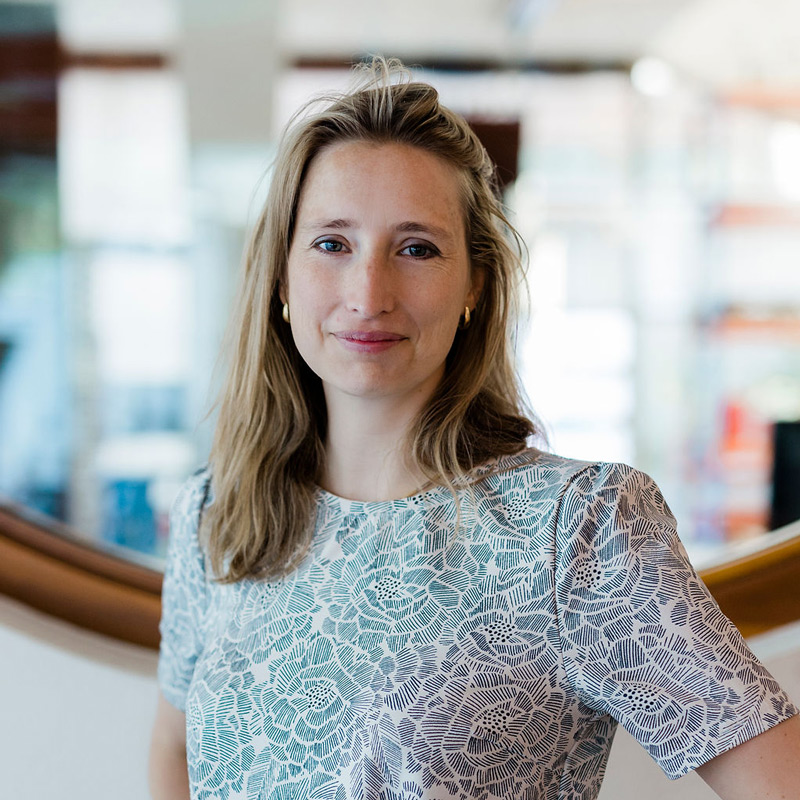Everyone probably knows that one diligent classmate in high school. I had one of those too. Before the difficult test, she would lock herself in her dorm room night after night. Just studying. Learning again. Even made some practice tests.
Lo and behold, the diligent work paid off in a good grade. Especially in comparison to all her classmates including myself, who without exception failed the passing grade. Some hadn't even shown up for class.
And it was precisely for that reason that the teacher on duty uttered the scathing words, "We are not counting this test." The entire class was given another chance.
Decided she felt-at first
I was reminded of my diligent classmate when the EU recently announced the Omnibus package. And later approved it. Briefly, the Corporate Sustainabilty Reporting Directive(CSRD), Europe's sustainability reporting requirement will be delayed by two years, its content simplified and its scope narrowed. Some 80% of companies that were previously required to report are now no longer required to comply with the CSRD. Omnibus is the teacher moving a challenging test. And making a bit easier for those students who have not learned.
In this light, I think of those companies that are leaders in sustainability. And from a combination of intrinsic motivation and societal obedience have gone full steam ahead to implement this new reporting guideline. These companies have invested time to familiarize themselves with the directive, set up systems to collect the necessary and mandatory information, and paid money for knowledge and manpower to actually publish such a report. And to be audited by an independent auditor.
Although the administrative costs are between 0.004% to 0.008% of annual turnover and the auditing costs between 0.013% and 0.026%, EFRAG(European Financial Reporting Advisory Group) calculated, the investment still represents a pie slice of the budget that did not exist before. Probably the percentage for the forerunners is even a bit higher because of the learning fees they paid.
We at Milgro have also studied the legislation and what it will mean for our customers. We have set up digital dashboards that help companies to make their waste streams and environmental impact transparent and immediately applicable in an annual report that meets the ESRS, the reporting standard that falls under this legislation.
From a cynical perspective, one could argue that these companies - including Milgro - should feel robbed, as my classmate felt at the time. On the other hand, the problems in the world in areas such as climate, waste and human rights have certainly not diminished. Moreover, these environmental and social trends do not appear to be reversing for the better within the short term, so the need for a more sustainable business community remains. The urgency, as the years go by, only increases.
From this perspective, I tell my colleagues at Milgro that our valuable work is really not a waste. I tell our customers that their sustainable advantage will automatically only increase as the laggards are left behind. I tell them that despite the fickleness from politics, companies do seem to be staying the course on sustainability and want to invest in it. And to my old classmate I would say that her efforts on that test have really paid off in the end.
What was the test paper about? About waste management and the Ladder of Lansink, a living and current model in the circular economy since the 1980s.












